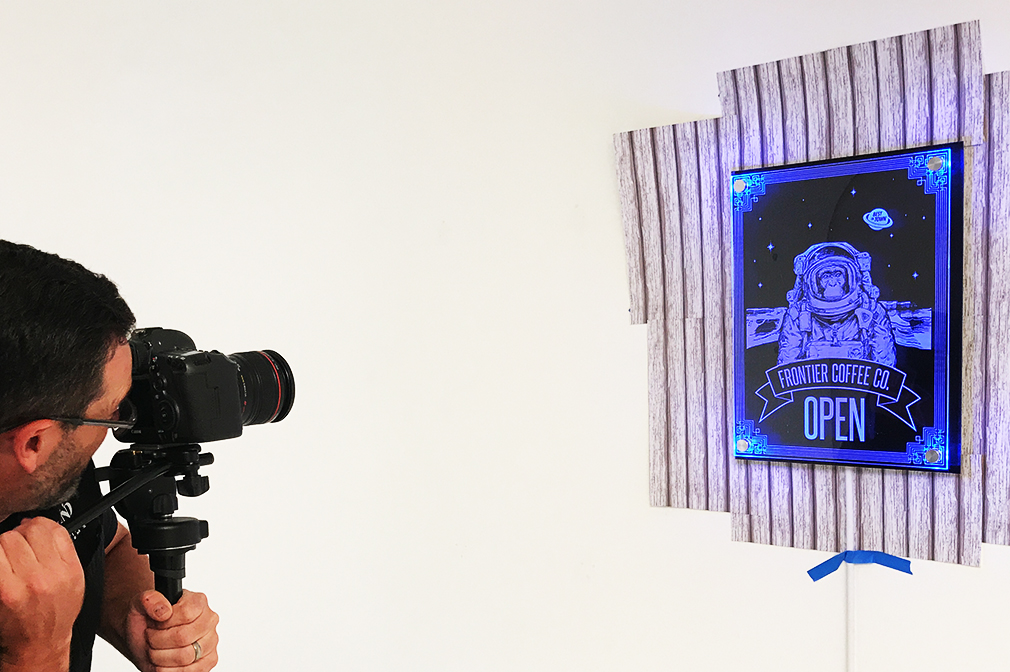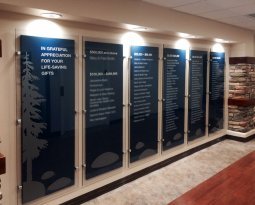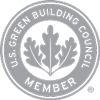The Other Side of Manufacturing: Career Paths That Don’t Require Safety Glasses

The Other Side of Manufacturing: Career Paths That Don’t Require Safety Glasses
Manufacturing was once the essence of the American economy. Manufacturing was responsible for migrating the American workforce from the fertile American farmland to major city hubs brimming with the latest that early American civilization could offer. Below the author will discuss why modern manufactures are desperate to find new employees and discuss career paths that are not commonly associated with manufacturing.
Problem Definition
In the early days of the industrial revolution, the general business model was one of trusting that any product that was made would have a buyer. Many sum this up to an if you make it, they will buy it mentality. Rightfully so, the American manufacturers became a global force and economic boom with a focus on quality materials and workmanship.
This fast growth in manufacturing lead to the need for employment law centered around worker’s rights, child labor, and collective bargaining. Both, the industrial revolution and the laws that grew from this major economic event made this subject required curriculum for school children. With this early introduction to manufacturing and the outsourcing and offshoring of manufacturing jobs in the last 20 years, many young Americans have limited first hand knowledge of a manufacturing facility, relying on images of soot-covered workers found in history books.
Searching for Skilled Labor
It is not surprising that modern manufacturing companies have trouble finding employees and in small markets, enter into bidding wars against each other to secure skilled labor. Manufacturing is simply not a first choice or career suggestion for youth in the United States.
Working on a Solution
There is a positive outlook to this dilemma in the form of state government and educational bodies recognizing this crisis and forming science and technology magnet schools, manufacturing certificate, and academic manufacturing degree programs that filter directly into employment. These activities certainly aid in finding skilled labor for manufacturing facilities but what about supportive roles at a manufacturer?
The Carpet Walker
If manufacturers have trouble finding skilled machine operators, imagine the struggle a company might have finding a sales person. Granted, few 12 year olds say they want to sell nuts and bolts when they grow up, but the grown ups that do, become subject matter experts in a niche industry that requires technical knowledge. Becoming human capital brings with it job security and consumer confidence in the organization.
There are some positions that every company requires. Regardless of the goods and services the company offers. Positions like product development, drafting, marketing, sales, shipping, receiving, and accounting to name a few, are examples of roles in manufacturing that lead to secure, gainful employment.
While most job seekers are chasing after positions at the largest employers in their market, the small niche businesses that produce goods often offer competitive wages and benefits. In a recent Q3 report by the International Sign Association (2017) new construction for highways and streets is expected to grow 6% in 2018. With this type of growth driven by government infrastructure packages and business investment paves the way for manufactures to grow while preparing for a return in consumer spending.
Reference
International Sign Association (2017), Sign Industry Quarterly Economic Report – Q3 2017, Retrieved from:
http://www.signs.org/Resources/SignIndustryQuarterlyEconomicReport.aspx








